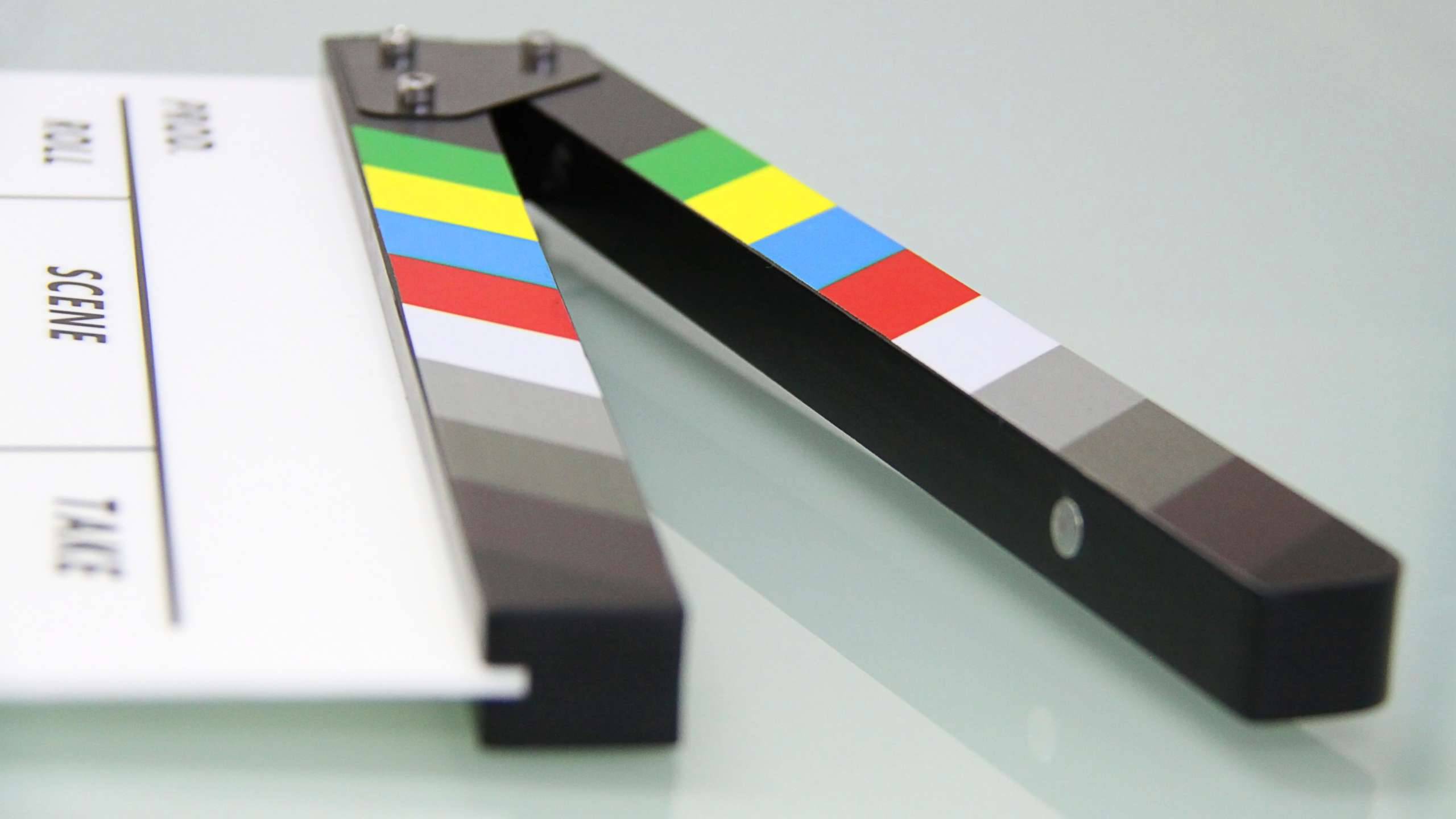In this post we shall be discussing about ‘machinima’, a form of new age cinema. For those of you who are not aware of what machinima is, it is derived from two words, ‘machine’ and ‘cinema’, and as the combination suggests, it refers to the practice of using video games to create original cinematographic films. Machinima films use the virtual environments and the characters within a game to tell stories.
Though a machinima appears to be just like any other animated movie, the process involved in the creation of making one is much similar to that of a live action movie. It involves the gamers controlling the characters and shooting the movie using the recording capability within the game, if any, or using a third party application to record the movie. Though the process involved is a very interesting topic by itself, legal professionals are primarily concerned with the copyright issues relating to machinima. These issues mainly stem from the fact that the machinima films are created using the characters and virtual environments within the game that are developed and owned by the game developers. From a copyright perspective, machinima can be called a ‘derivative work’. Creation of an animated movie is a complex process and involves a lot of time and resources. Creators of machinima, termed as machinimists or machinimators, have their work cut out for them as they merely have to utilize the environment and the characters already created by the game developers.
From a plain reading, one may easily jump to the conclusion that creation of machinima, without the authorization of the game developers, is an act of infringement. Or is it?
Can the creation of machinima be classified as fair use, owing to the transformative nature of the works being created? When it comes to machinima, when can one draw the line between acts that would constitute infringement and those that amount to fair use?
Who owns the rights over a machinima? Is it the game developers who have provided the tools for the creation of machinima? Or is it the gamers who have invested their time and labour in creating a machinima? Such questions are further complicated by the End User License Agreements (EULAs) that govern the relationship between the game developers and the gamers. These contracts, that leave the users with absolutely no negotiating power, ensures that any derivative works created using a game are the property of the game developers. Some game developers, like Microsoft and Blizzard have even gone to the extent of inserting machinima clauses within such agreements.It becomes even more confusing when some game developers actually encourage the creation of machinima as it provides a means for greater publicity for the game involved.
These are some of the questions that remain unanswered from a legal perspective, owing to the fact that judicial precedents concerning machinima are limited or close to none.
In the next post, we shall be analyzing whether creation of machinima constitutes an act of infringement or whether it can be brought under the purview of fair use.
Authored by Thomas Joseph
Contributed by Entertainment Lawyer Group of BananaIP
For any further information on entertainment law in India, write to contact@bananaip.com



